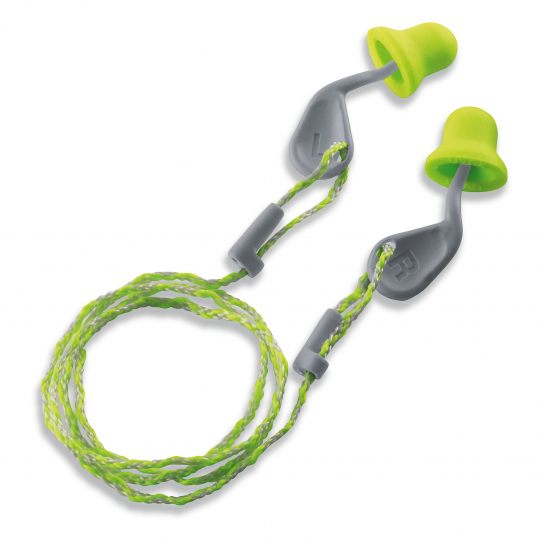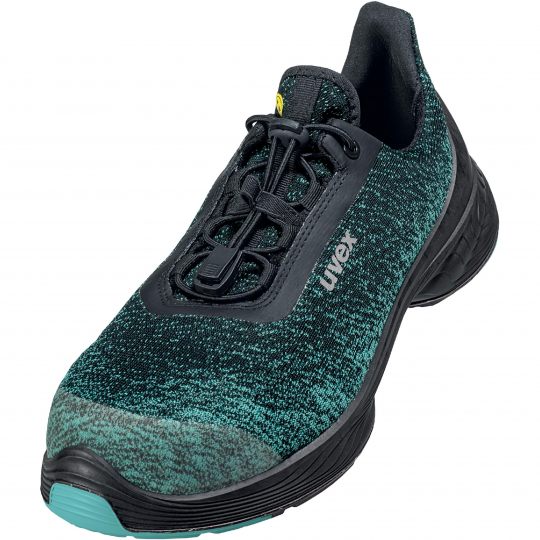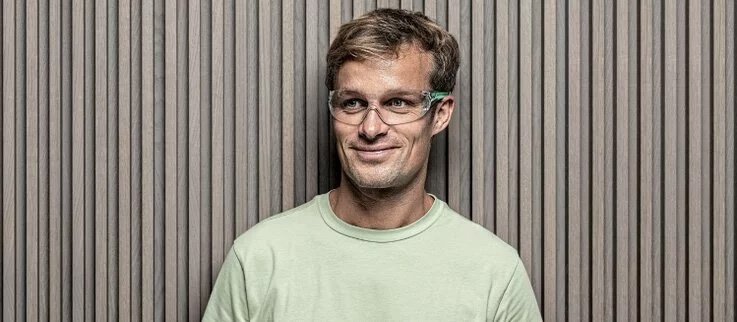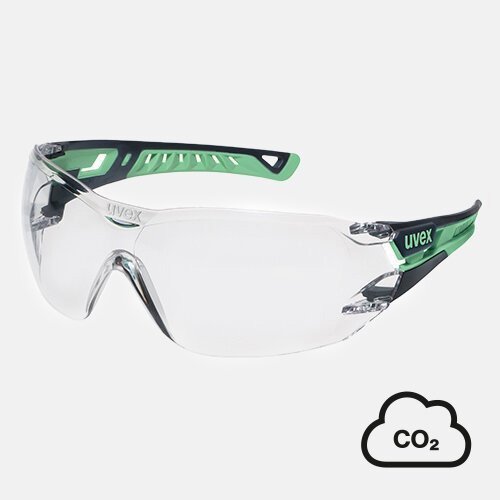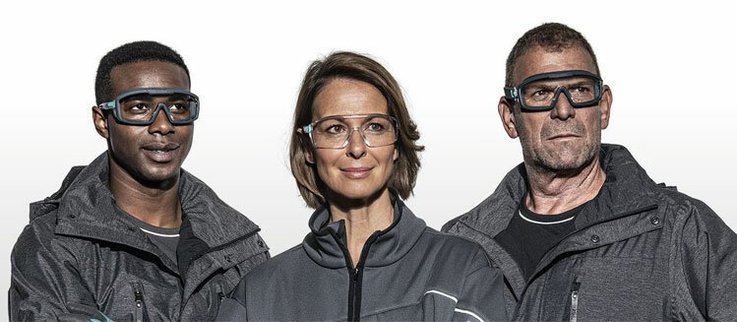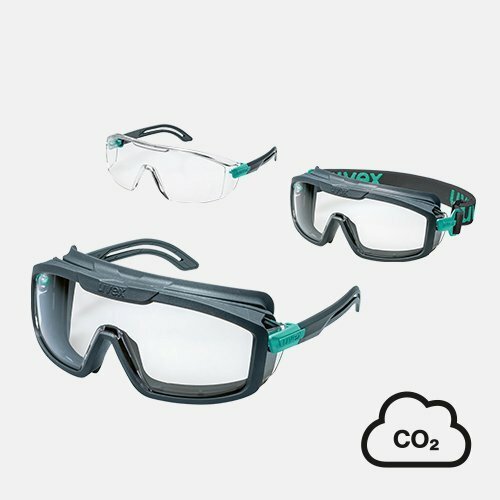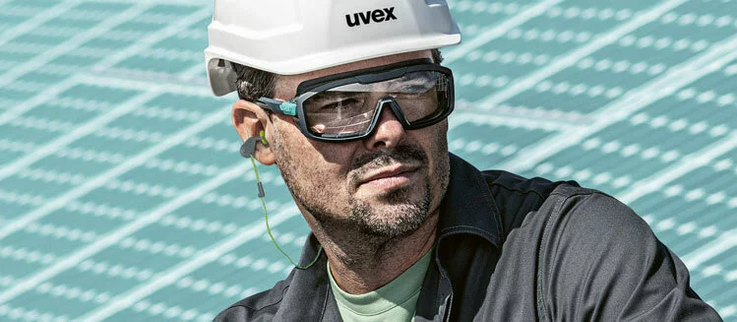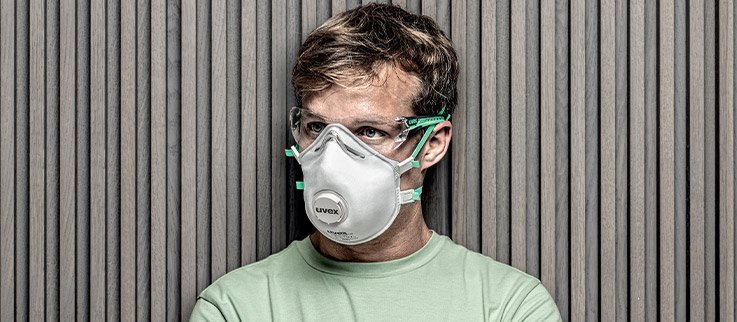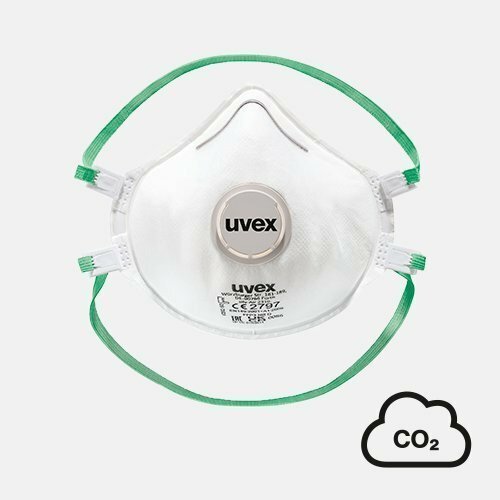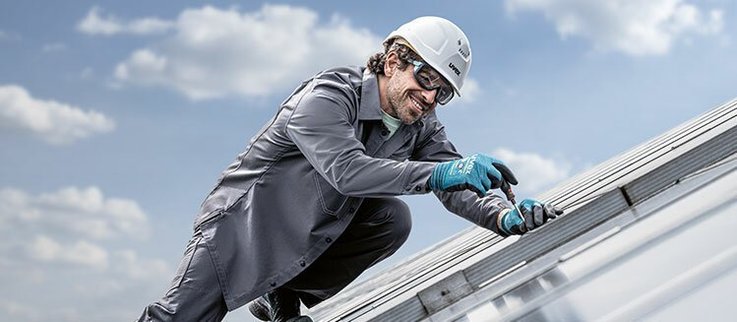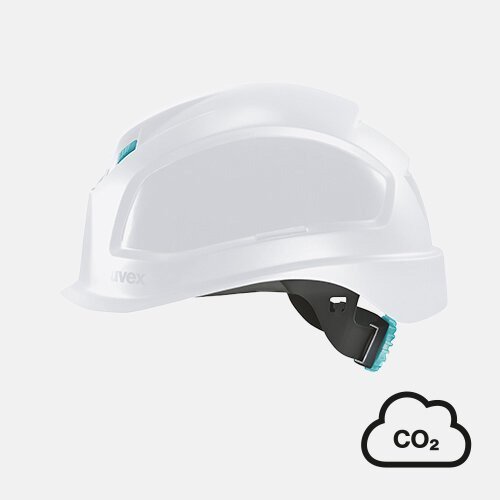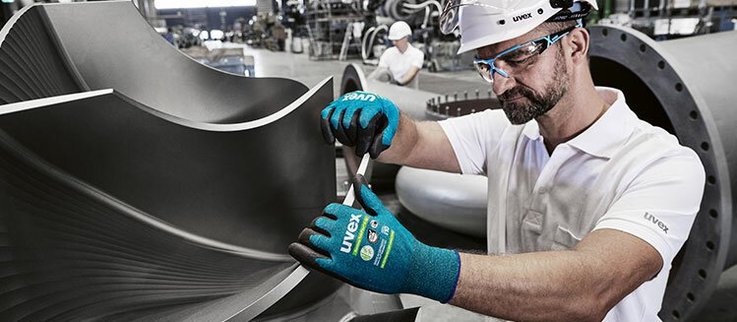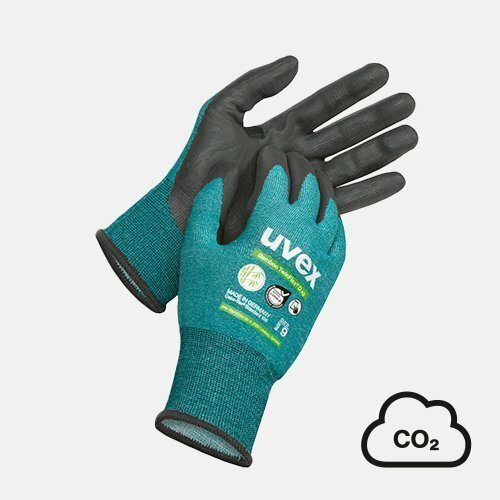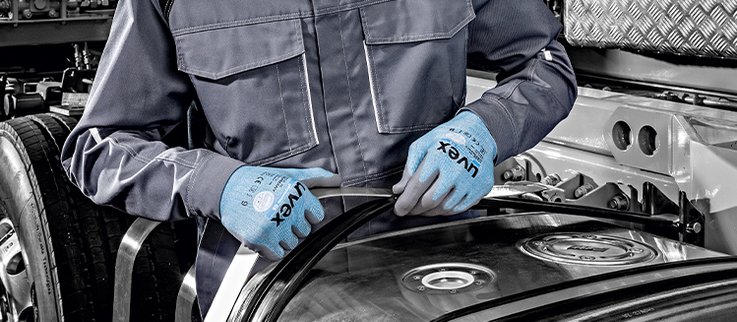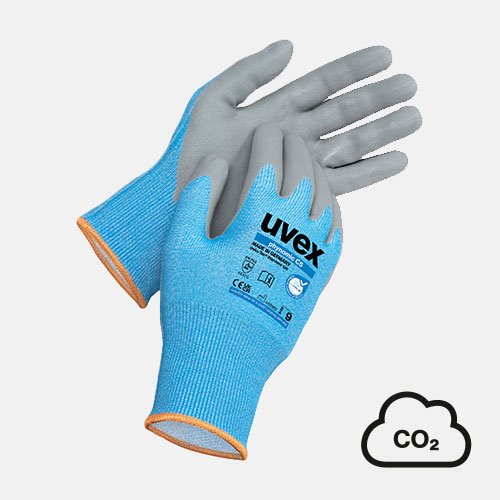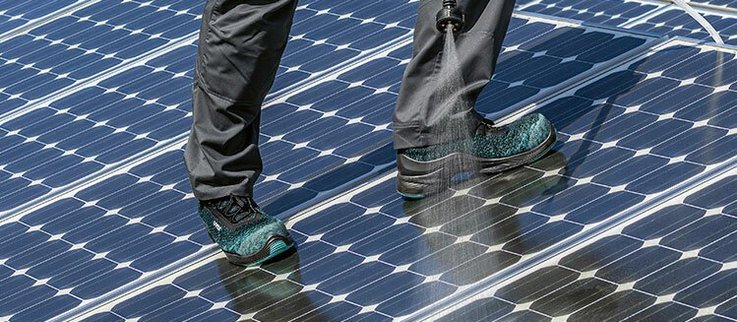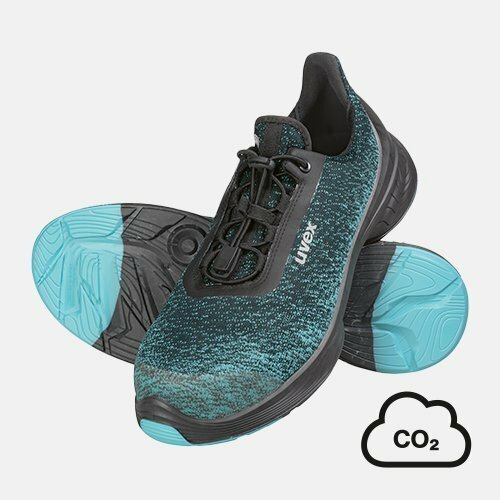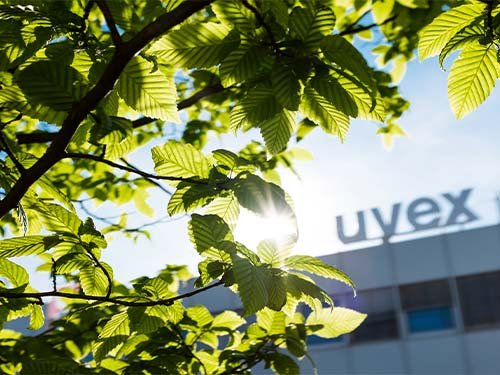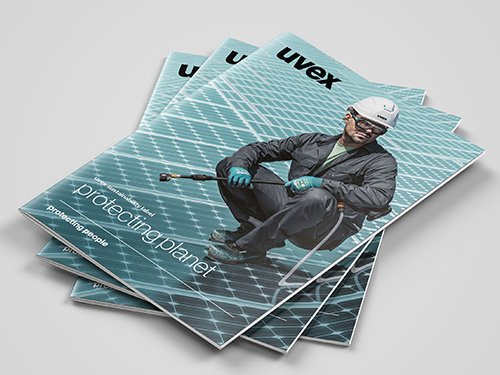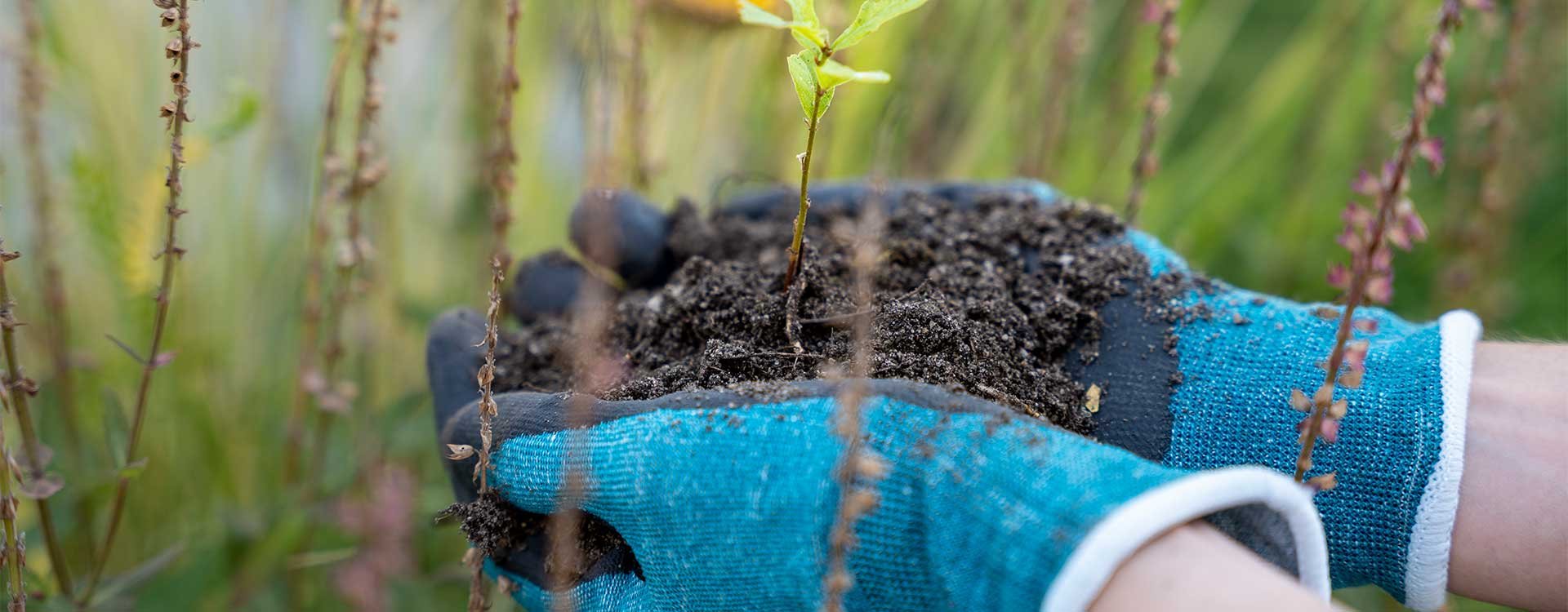
protecting planet – uvex protects people and the planet
uvex’s corporate mission of "protecting people" is more relevant than ever
uvex’s commitment to protecting people also includes responsibility with respect to society and the environment. As a family business, sustainability has been at the forefront of the company‘s thoughts and actions for many years.
uvex has set itself ambitious goals in terms of the environment, the economy and society. In its manufacturing facilities, uvex is working hard to increase energy efficiency and doing everything it can to become carbon-neutral in the near future.
High quality standards for products are combined with the development of recycling concepts and the use of bio-based materials. The durability and long service life of uvex products helps to reduce waste and conserve resources.
Under the motto "protecting planet", uvex is presenting a complete product system of environmentally friendly products for the first time.
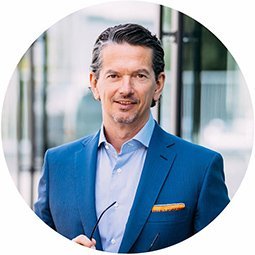
We have been protecting people in sports, leisure and at work since 1926. "protecting people" is our mission.
"protecting planet" is the natural continuation of this mission when it comes to treating people, society and nature responsibly.
With "protecting planet", we have created a label that offers maximum transparency and information about our sustainability activities: from resource-saving products and innovative measures in our factories through to social commitment and social projects.
Michael Winter, Managing Partner of the uvex group
Watch the video

The uvex sustainability label: a promise to people and the environment
"protecting people" is the mission behind all uvex group brands.
The aim is to offer people exactly the right protection they need with uvex products. Protection in this regard takes on meaning in a wider social, ecological and economic context. protecting people therefore naturally leads to protecting planet, i. e. expanding this promise to include protecting society and the environment. To communicate these numerous measures, a label concept has been developed that describes the uvex group’s sustainability projects with compelling statements.
Examples for the new "protecting planet" label:

In order to conserve resources and protect the environment, the uvex group processes various types of recycled materials. These include, for example, recycled polyamide from production surplus and recycled PET plastics from drinking bottles, which in turn are used to manufacture frames for our safety glasses and eyewear products, headbands, as well as reading glasses made from at least 70% post-consumer recyclate.

The uvex group does not use any substances hazardous to health in accordance with the REACH regulation and has also enforced its own list of restricted substances. It is the policy of the uvex group to only offer products that contain as few harmful substances as possible and that do not pose a risk to either the user or the environment. The uvex safety group applies the strictest criteria which exceed the applicable EU directives, particularly for products that come into contact with the wearer's skin, such as PPE.

To protect the environment, the uvex group works to cut waste at as many different places as possible. To this end, we regularly scrutinise the use of resources in our production facilities on site in order to verify to what extent procedures and processes can be improved. The first specific example of a measure we are implementing in this context is a concerted effort to reduce cardboard material by changing packaging sizes and reusing shipping boxes. In the case of trade fair equipment, the uvex group also relies on loan concepts – this guarantees that the materials can be reused by other companies at a later date.

Environmental protection starts with electricity. For this reason, the uvex group uses green energy across its locations in Germany. This also applies to the locations of uvex safety Cagi in Italy, Swedsafe in Sweden and Heckel in La Walck (Alsace), France. ISO 50001 obliges the uvex group to verify that it has made continual energy savings. However, the uvex group does not simply rest on its laurels there: saving electricity along the value chain also has a high priority. The uvex group ensures sustainable production by continuously implementing sustainability measures at its own production facilities around the world. Individual measures include, for example, LED lighting, state-of-the-art machinery and heat recovery processes.

The uvex group believes that plant and bio-based materials represent the future. For this reason, bio-based HDPE (high density polyethylene) made from sugar cane, Lavalan (pressed wool), Prolan (pressed Bavarian sheep’s wool), rapeseed oil-based PU foams, textiles made from recycled PET bottles in addition to bamboo fibres, bio-based polyamide and other plastics developed on the basis of castor oil are already used in a wide variety of uvex products.

The uvex group stands out from the competition by offering improved product quality that can be empirically verified. This can be seen in the coatings used for our safety glasses, for example. Accordingly, uvex group customers have to buy new products less often because the products can withstand everyday use for a longer period of time. This not only saves money over the long term; it also saves valuable resources and generates less waste.

The uvex group has set itself the goal of continually reducing its own CO2 emissions across various levels. For example, within Germany the uvex group sources green energy on the basis of 100% renewable energies in addition to CO2-neutral gas. In so doing, the uvex group uses infra fürth gmbh to offset CO2 emissions produced by gas combustion processes and supports climate protection projects. Innovative products are produced and services for the global market offered at uvex’s own production plants, many of which are located in Germany and Europe. This firstly guarantees high quality, while also ensuring that transport routes are kept as short as possible. The uvex group makes a key contribution to reducing its ecological footprint by regularly implementing sustainability activities at its production facilities.

As part of its sustainability strategy, the uvex group has defined a target of continually increasing the proportion of environmentally friendly packaging it uses. In this context, for example, climateneutral (a status achieved with the use of offsetting measures achieved by way of climate protection projects) and 100% recyclable packaging is used, which is occasionally even plant-based in the form of grass-based cardboard. Further examples include the use of grass and stone paper in addition to recycled packaging film and bags made from renewable raw materials such as Tencel.
The uvex sustainability label protecting planet can be found on products and their packaging, as well as at trade fair stands or in uvex group catalogues, for example. With this approach, uvex wants to not only emphasise its commitment to these areas of sustainability, but also raise awareness of environmentally friendly and socially responsible business practices.
Head to toe product system of environmentally friendly products
uvex pheos nxt planet



Recycled materials
- Side arms: Hard component made from 32.5% recycled material, and soft components made from 47.4% recycled material, using waste from the recycling bin
- Lens: Made of 100% mass-balanced polycarbonate** offering the same mechanical impact resistance but with a reduced carbon footprint.
Environmentally friendly packaging
- Polyester bag film: Up to 70% recycled material from production waste
- Cartons: Made of over 90% recycled paper
Environmentally friendly production
- Paper for instruction manuals: 30% reduction
- Packing units: Increase from 5 to 10 pairs of spectacles reduces packaging material and causes less waste
uvex i-range planet



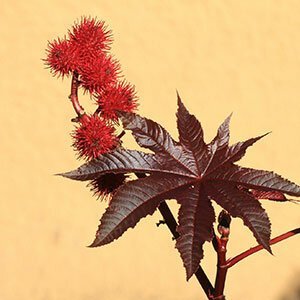
Recycled materials
The side arms of the spectacles are made from 39% bio-based material. uvex uses the castor oil plant as the renewable raw material and the energy used during production is from biomass sources. The couplings and headband hooks are made of 22% recycled PET bottles, while the soft face seal is made of more than 35% recycled granulate that has been recovered from production waste. The headband of the goggles is made of 72% recycled waste yarn.

Environmentally friendly packaging
The films of the polyester bags used consist of up to 70% recycled material, which is obtained from production waste. All cardboard cartons are made of over 90% recycled paper.

Environmentally friendly production
Using a smaller format for our eyewear user instructions has reduced the amount of paper used by 30%. Increasing the packaging unit from 5 to 10 pairs of glasses resulted in an additional reduction in the amount of cardboard required and also produces significantly less waste.
More protecting planet eyewear styles
uvex xact-fit planet
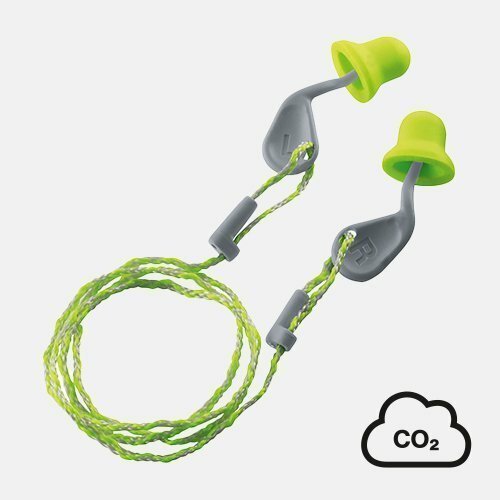



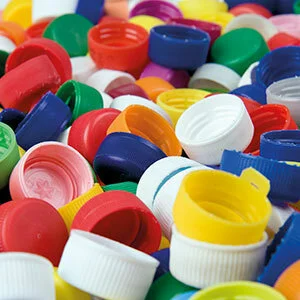
Recycled materials
100% recycled polypropylene (PP) is used to create the ergonomically shaped stems of the xact-fit planet. The oval-shaped foam earplugs are subject to rigorous testing and contain as few harmful substances as possible.
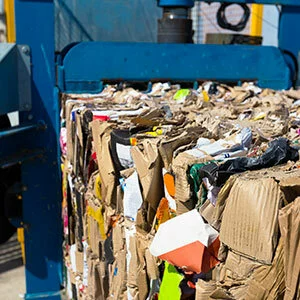
Environmentally friendly packaging
All of the packaging for this hearing protection product is made from 100% recycled cardboard.
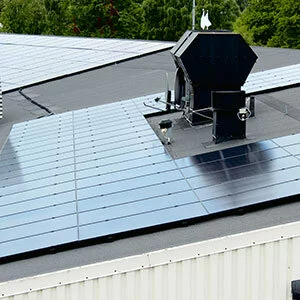
Environmentally friendly production
SwedSafe, part of the uvex group, has a very small CO2 footprint. No fossil fuels are used during production and 100% of the electricity required comes from renewable energy sources. To promote biodiversity at the company's premises, natural grasslands were created and populated with flowering plants in order to provide more habitats for insects. SwedSafe is certified in accordance with the ISO 14001 environmental management standard.
uvex silv-Air c 2310 planet

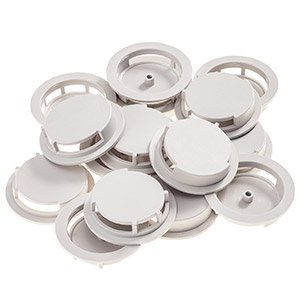
Recycled materials
› Valve made from 95% recycled ABS
› Headband attachment made of 100% recycled PP
› Recycled ABS made of components from e.g. the automotive industry or white goods
› Recycled PP comes, for example, from used household appliances
› Total recycled content of the mask is 26.5%
› Significant improvement of the CO2 footprint to 0.18 kg per mask

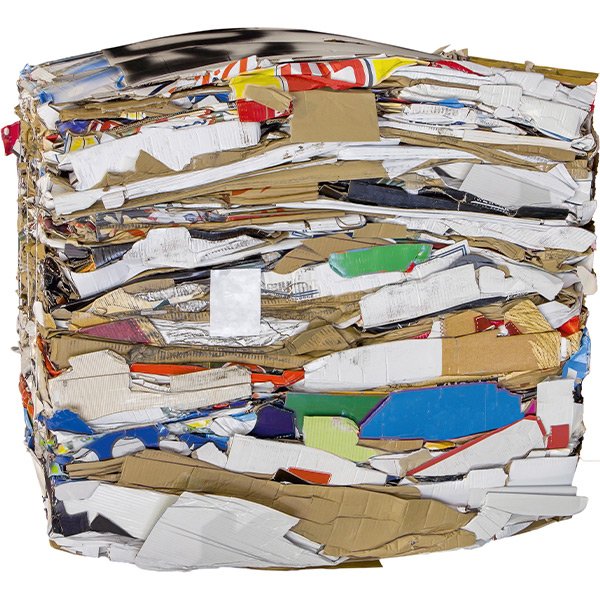
Environmentally friendly packaging
› Polybag made of 30% recycled material
› Cartons made from more than 80% recycled paper
uvex pheos planet

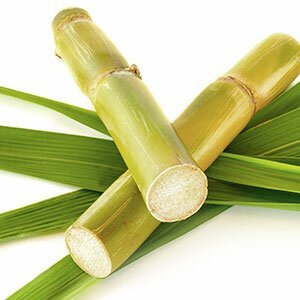
Recycled materials
The helmet shell is made of up to 30% bioplastic. The organic raw material, sugar cane, is converted using a process that complies with the strictest quality requirements and achieves high stability and strength. 50% of the material for the headband is made of helmet shells. This significantly reduces process-related waste during production.

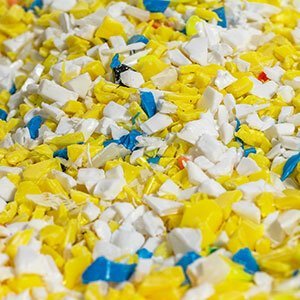
Environmentally friendly packaging
All individual packaging is made of regranulated material and has been taken from the recycling economy. The packaging is single-grade and can be returned to the recycling chain after use. This also saves fossil resources. The user instructions are printed on 100% recycled paper.
uvex phynomic XG planet
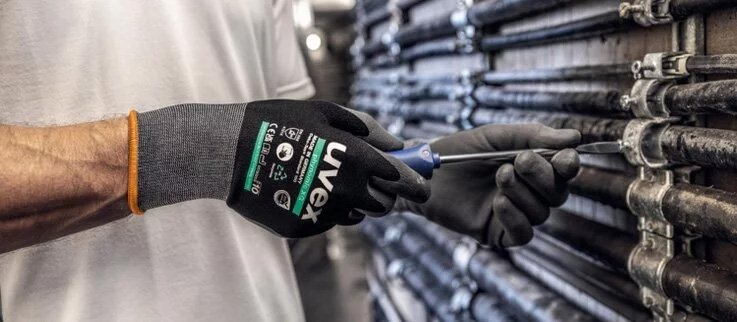
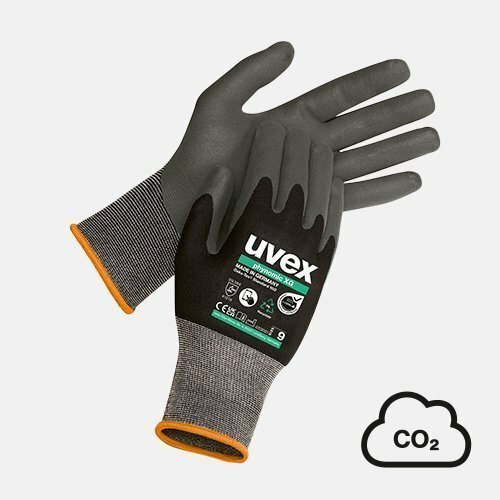



Polyamide recyclate
› More than 50% based on polyamide waste from the fibre manufacturer (polyamide recyclate)
Health
› Skin compatibility dermatologically approved by the proDerm Institute
› Exceeds REACH regulations
Packaging
› Minimisation of packaging (only outer carton and sleeve)
› 80% paper sleeve made of FSC-certified kraft paper
› No polyester bags
Certifications
› Environmental management ISO 14001
› Energy management ISO 50001
Production
› CO2 neutral, based on emissions resulting directly from production. Using electricity from 100% renewable energy sources since 2014
› Promoting the construction of new plants for renewable energies in the region
Offsetting
› Operating the highly efficient CHP at our site using green gas
› Offsetting the resulting CO2 emissions
› Investing exclusively in approved certified climate protection projects (Gold Standard or VCS — Verified Carbon Standard)
› Promoting, for example, the construction of new plants in India for the generation of solar and wind power
uvex Bamboo TwinFlex® D xg planet
Bamboo TwinFlex® technology is a registered brand of UVEX SAFETY Gloves GmbH & Co. KG., Germany.



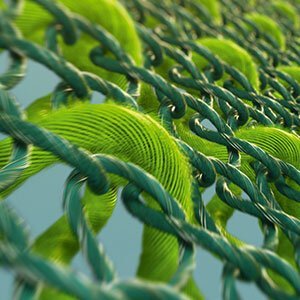
Environmentally friendly materials
By using bamboo viscose uvex is utilising a renewable raw material and recycled polyamide. Together, these sustainable materials account for 45% of the material used. The gloves also offer greater protection to the health of the wearer than stipulated by REACH regulations as they comply with the uvex list of banned substances and the skin compatibility has been dermatologically approved by the proDERM institute.
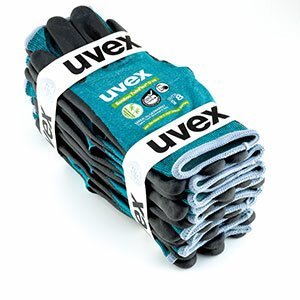
Environmentally friendly packaging
The glove packaging has been minimised significantly. Paper wrap is used instead of rubber bands to secure bundles. Polyester bags have not been used by uvex in it’s glove packaging for over 11 years.

Environmentally friendly production
uvex safety gloves is certified according to both Environmental Management ISO 14001 and Energy Management ISO 50001 and has CO2-neutral production rating based on direct emissions from production. To achieve this, we have been sourcing electricity from 100% renewable energy sources since 2014, and through the certified green electricity product we have been promoting the construction of new renewable energy plants in the region. We use green gas to operate the highly efficient CHP plant at our site, thereby offsetting the CO2 emissions produced by gas combustion processes. Through carbon offsetting, we invest exclusively in climate protection projects that are certified by internationally recognised quality standards (Gold Standard or VCS (Verified Carbon Standard)) and thereby promote, for example, the construction of new plants in India for the generation of solar and wind power.
uvex phynomic C5

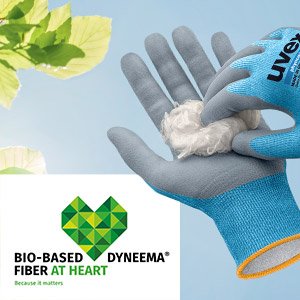
Using bio-based material
By using bio-based HPPE for 45% of the material used to make these gloves, uvex is utilising a renewable raw material. The gloves also offer greater protection to the health of the wearer than stipulated by REACH regulations as they comply with the uvex list of banned substances and the skin compatibility has been dermatologically approved by the proDERM institute.
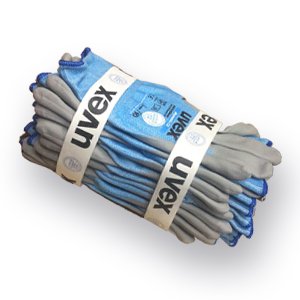
Environmentally friendly packaging
We have been using paper packaging instead of polybags in our uvex phynomic glove range for over 11 years. In that period, we’ve taken many millions of polybags out of the supply chain and helped customers deliver on their environmental mission statement.

Environmentally friendly production
uvex safety gloves are certified according to both Environmental Management ISO 14001 and Energy Management ISO 50001 and has CO2-neutral production rating. The new block-type thermal power station (BTTP) will further reduce the energy consumption of the Lüneburg plant thanks to the high energy efficiency of > 90% of the new technology. The BTTP already meets the official emission regulations that will become legally mandatory from 01.01.2024 and is therefore one of the first in Germany to meet this standard.
uvex 1 G2 planet



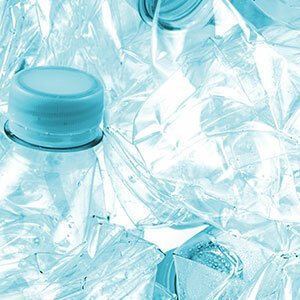
Recycled materials
The upper part of the safety shoe is made from 100% recycled polyester made from PET bottles. The penetration resistant midsole is also made from 100% recycled materials. 40% recycled TPU is used for the TPR scuffcap. The shoe’s distance mesh lining is made from 52% recycled polyester and 18% bamboo fibres. The replaceable comfortable climatic insole is also made of 100% recycled PU foam and polyester. The entire safety shoe is manufactured without using any harmful substances as listed in the banned hazardous substances list created by uvex and goes beyond that of REACH.
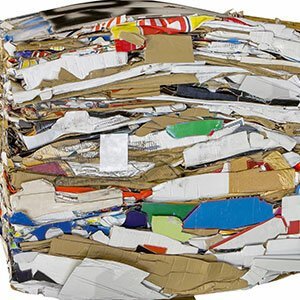
Environmentally friendly packaging
All uvex shoe boxes are made from 90% recycled cardboard. 100% recycled tissue paper is used and the instructions for use are also 100% recycled paper.
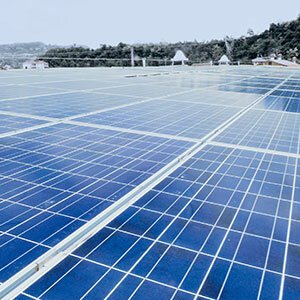
Environmentally friendly production
The uvex plant in Ceva, Italy, was completely converted to green electricity and green gas a few years ago and has been certified according to the environmental management system ISO 14001 since 2017. In addition, the plant uses renewable energy with a photovoltaic system. uvex places a special focus on waste prevention. For example, some years ago, the shape of the soles were redesigned and as a result significantly reduced the amount of waste. The cleaning and injection process is also continuously optimised. For some time now, all PU waste is collected and processed into granuals ready for reuse. For example, it is used to create our shock absorbing insoles. Up to 10% recycled PU waste from uvex’s production is used for the TPU outsole of the uvex 1 G2 planet.










